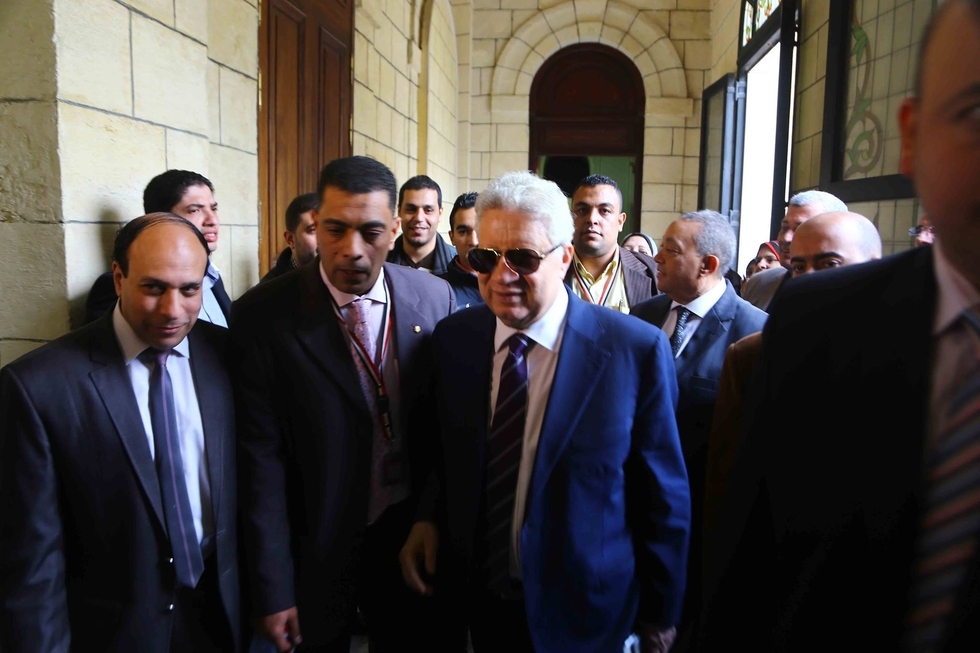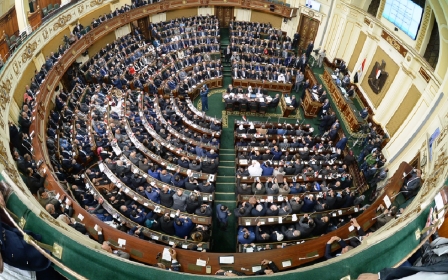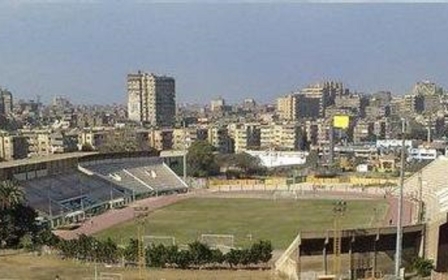Chaos in Egypt parliament as MP refuses to recognise 2011 revolution

An Egyptian MP caused uproar on the first day of the parliament’s sitting on Sunday, refusing to recognise the 2011 uprising that ousted President Hosni Mubarak as a revolution.
Murtada Mansour, who is also chairman of the popular football club Zamalek, was being sworn into parliament when he changed the words of the official oath, swearing to respect “articles of the constitution” rather than the constitution itself.
Mansour had previously announced his intention to change the words of the oath because of his objection to the constitution’s preface, which honours the revolution of 25 January 2011.
“25 January was an uprising, not a revolution,” Mansour told Egyptian daily al-Masry al-Yaum on Saturday.
The chaos that followed Mansour’s pronouncement was broadcast live on television, with cameras capturing other politicians shouting at the MP.
Later on Sunday Mansour was forced to repeat his oath following an ill-tempered discussion with the acting speaker of parliament, Bihaa Abu Shoqa.
In statements to the press following the debacle, Mansour was defiant, expressing his hostility to the revolution of 25 January 2011.
“25 January brought the Muslim Brotherhood [to power], and 30 June brought Sisi – whose side are you on?” Mansour asked during a phone-in on the al-Asema satellite channel, referring to the military-backed protests that swept then-army chief, now president, Abdel Fattah al-Sisi, to power on 30 June 2013.
Mansour is known for his staunch opposition to the now-outlawed Muslim Brotherhood, which won Egypt’s first democratic election on 11 January 2012.
The chaos during parliament’s initial session on Sunday, the first to take place in three years, had threatened to disrupt the busy schedule of the body, which has 15 days to ratify over 300 presidential decrees and amendments.
Since parliament was dissolved in the summer of 2012 by the country’s highest court, interim leaders and presidents have ruled by decree.
According to the constitution, MPs now have just 15 days to ratify all presidential decrees issued since January 2014, when the constitution was ratified in a national referendum.
Any decrees issued before that date will not be up for discussion, but MPs are still being called upon to review 289 legislative items issued by President Sisi, as well as 42 decrees issued by his predecessor, interim president Adly Mansour.
Middle East Eye propose une couverture et une analyse indépendantes et incomparables du Moyen-Orient, de l’Afrique du Nord et d’autres régions du monde. Pour en savoir plus sur la reprise de ce contenu et les frais qui s’appliquent, veuillez remplir ce formulaire [en anglais]. Pour en savoir plus sur MEE, cliquez ici [en anglais].




